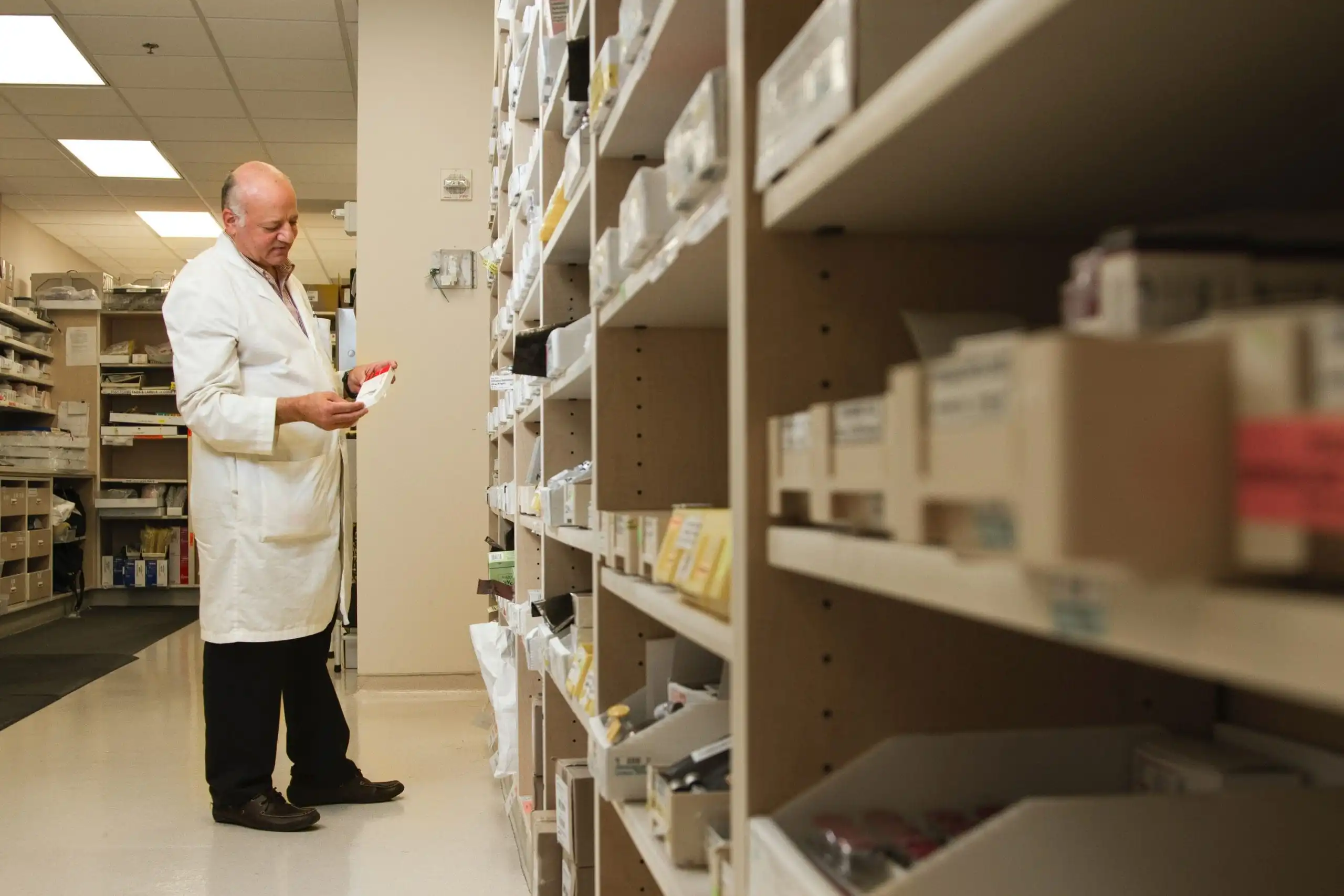
Good Distribution Practice (GDP) standards are a set of European Union (EU) guidelines that govern the wholesale distribution of active pharmaceutical ingredients (APIs) and other pharmaceutical products. According to EU legislation, GDP standards for API are designed to ensure that medicine quality and integrity are maintained throughout their entire lifecycle on the global supply chain.
Conditions for the distribution of API pharmaceuticals according to GDP standards include temperature, storage conditions, adequate handling to ensure that contamination is avoided, satisfactory turnover to ensure quality, and delivery times.
GDP Temperature Control for Active Pharmaceutical Ingredients
Temperature control for APIs is critical to ensure a common quality standard across batches. An enduring challenge with APIs is the absence of stability data, specifically for pharmaceutical products that require higher temperature control. Temperatures can vary considerably, particularly for the pack-out process using low-temperature applications, dry ice (liquid nitrogen dioxide), or LN2.
Managing varying temperature control requirements can be complex. The API and greater pharmaceutical industry require shipping systems and data loggers with the capability to handle varying extremes of temperature throughout the entire API supply chain.
Get your requested raw materials quotation
EU GDP Temperature Guidelines
The EU GDP Guidelines (2013/C 343/01) reflect detailed requirements and expectations from the EU authoritative body for the transport and distribution of medicinal products. While questions concerning temperature control are common, maintaining set temperatures is not required for each transport according to GDP, as outlined in the documentation:
“If no constant monitoring of temperature is carried out during the transport of medicinal products, a risk assessment must be made of the transportation routes. This includes especially the travel duration, including special aspects of the route, the time of year and day, including the weather forecast, the vehicles used, and their equipment. The results of this risk assessment have to be part of the transportation planning.”
According to GDP, monitoring must be conducted in the absence of a risk assessment, or in the case that a risk assessment confirms that temperature controls are necessary.
GDP Temperature Control Risk Assessment Considerations
According to the requirements, several considerations must be assessed when carrying out a risk assessment that include:
- Avoiding the use of the mean kinetic temperature because it does not take into consideration effects that may affect product quality
- Storage conditions during transportation specifying that transport within the aforementioned temperature range will not reduce quality
What are Active Pharmaceutical Ingredients (APIs)?
APIs are pharmaceutical components that can either be used alone or as part of a combination drug therapy to treat different conditions and/or symptoms. The safe use of APIs depends greatly on Good Manufacturing Practices (GMP) in addition to GDP guidelines.
Types of APIs include: monoclonal antibodies, hormones, cytokines, fusion proteins, vaccines, therapeutic enzymes, and blood factors. The API market by type of drug is generally divided into prescription and over-the-counter medications with segments that include oncology, cardiovascular diseases, communicable diseases, diabetes, chronic respiratory diseases, neurology, pain management, immunology, pulmonology, hemato-oncology, hematology, critical care, and rheumatology.
API manufacturing is located throughout the world. Safety, consistency, and quality issues are typical concerns governing API sourcing since companies have opted in recent years to take production overseas to reduce costs. Good Manufacturing Practices (GMP) have since emerged to provide drug regulation, stringent guidelines, and inspection processes to ensure consistency and quality among API batches.
Get your requested raw materials quotation
What are Good Manufacturing Practices (GMP)?
GMP manufacturing practices are standards that enterprises must use to produce products that are high in quality and safe to use. GMP is critical to the quality control process because it spans every component of the manufacturing process, ensuring that errors such as production mistakes, mislabelling, and cross-contamination are either avoided or kept to a minimum.
GMP-certified products cover a range of industries, including beverage production, food production, medicines, medical devices, cosmetics, and dietary supplements. Areas of control covered by GMP include hygiene/sanitation, cleanliness, employee training, cross-contamination, procedures, record-keeping, complaint and investigation processes, and a recall procedure in the event that any products have safety issues.
Medicapharma Supplies Active Pharmaceutical Ingredients Shipped to GDP Temperature Standards
MedicaPharma is a leading supplier of API pharmaceutical products to a range of institutions seeking professional API procurement. We are committed to shipping GMP products without repacking or relabeling from the original manufacturers, with original documentation and complete tracing information in the event of product recalls.
Our established position in the API procurement industry provides you with a steady and reliable supply chain link for top-quality GMP-grade APIs, including vitamins, hormones, excipients, plant extracts, amino acids, photosensitizers, and phospholipids. Click here to download a PDF of all medicines available.
FAQ
GMP manufacturing practices are standards required by enterprises in the production of pharmaceutical products. With an aim to produce high-quality products that are safe and effective, GMP spans various components of the manufacturing process to ensure that errors such as mislabelling, production mistakes, and cross-contamination are either kept to a minimum or avoided.
According to EU GDP documentation, common, temperature control is not required for each transport. However, GDP requires that monitoring must be conducted when a risk assessment has not been completed, or if a risk assessment was conducted and temperature controls are deemed necessary.
Good Distribution Practice (GDP) standards are guidelines outlined by the European Union (EU) that govern the wholesale distribution of pharmaceuticals and active pharmaceutical ingredients (APIs).
GDP standards are enforced to ensure that the quality and integrity of medicines are maintained while being stored and transported throughout the entire global supply chain with conditions that include storage, handling, temperature, and turnover.
Active pharmaceutical ingredients (API) are components of pharmaceuticals that can either be used on their own, or in combination with other drugs as part of a therapy to treat different symptoms and/or conditions.
Types of APIs include vaccines, monoclonal antibodies, hormones, therapeutic enzymes, cytokines, fusion proteins, and blood factors.




